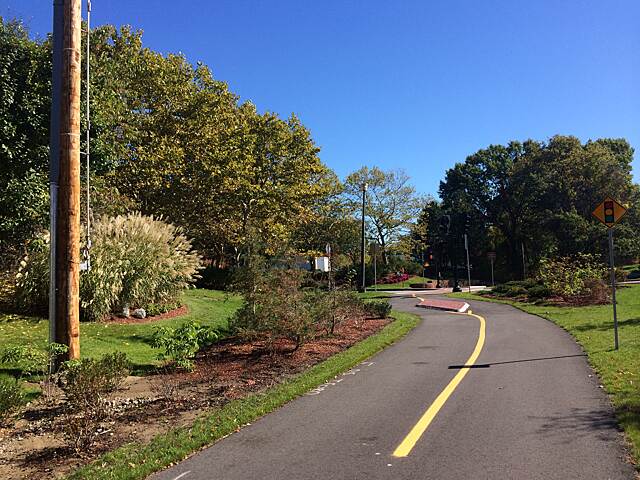One of the advantages of mediation is the flexibility of the mediation process. For those people whose conflict includes multiple issues, as is often the case in divorce mediation, skilled mediators can adapt and assist with communication, goal-setting, problem-solving, and in some instances even transformation of a relationship.
 To allow the mediation process to adapt in this way we sometimes have to look at options for meeting that are unconventional to help people see their issues in a new light. At Skylark Law & Mediation, we have two conference rooms that are very different for exactly this purpose.
To allow the mediation process to adapt in this way we sometimes have to look at options for meeting that are unconventional to help people see their issues in a new light. At Skylark Law & Mediation, we have two conference rooms that are very different for exactly this purpose.  One conference room is more business-like and is more appropriate for discussing financial and legal issues. Our other conference room is more casual, including pictures of my children on the walls. I find that clients usually feel this setting is more comfortable for discussing parenting disagreements, or communication issues.
One conference room is more business-like and is more appropriate for discussing financial and legal issues. Our other conference room is more casual, including pictures of my children on the walls. I find that clients usually feel this setting is more comfortable for discussing parenting disagreements, or communication issues.
Meeting only in conference rooms, however, can be limiting. Conflict doesn't only occur in a board room. Conflict occurs in the dining room, and the living room, and the bedroom, and outside, and in the car, and so on. So why do we only mediate conflict in a conference room?
Now, I'm not suggesting that we mediate conflict in people's bedrooms, but I think there is a value to giving people the opportunity to stand up and move around when problem solving. As the other attorney/mediators at Skylark can attest I typically walk around the office when on the phone. I find it easier to stay calm and think on my feet while literally being on my feet. So I was intrigued when I recently discovered a company in D.C. called Netwalking, LLC which helps organize walking meetings. The idea of movement and walking during a meeting, especially one that can be as emotional as a divorce mediation, seems to be a natural fit.
 |
| The Cochituate Rail Trail |
Therefore, I've decided to start offering our clients the option of meeting outside on the walking path behind our office (weather permitting). The Cochituate Rail Trail starts right behind our office and is a paved and low impact walking trail. It is an ideal location for a walking mediation meeting and it is as private as an outside walk is likely to get.
The walking mediation meeting obviously won't fit every situation. For example, it won't be appropriate with conversations that may require the complete privacy of the office setting. However, if mediation is going to be flexible and adapt to the situation, then we may need to adapt more than just the arrangement or style of our chairs. It may be time to think outside the conference room.
If you're interested in the possibility of a walking mediation meeting, schedule a consult here and tell us about your interest in this option.

 Skylark.law
Skylark.law
Comments
Post a Comment